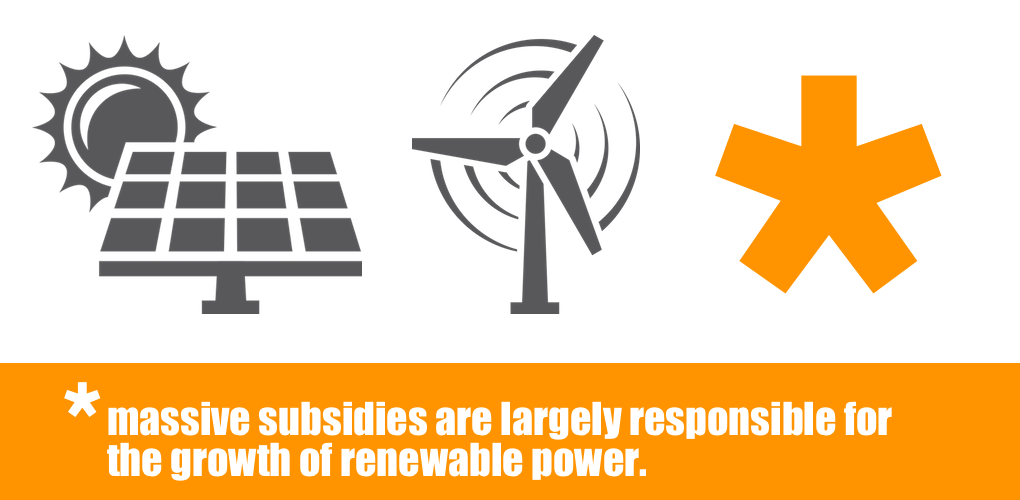
Green Demand, Dry Water
December 14, 2017
“Energy favoritism” is now a bona fide topic of Washington conversation. Where else would energy subsidies and government intervention become a heated topic at Christmas parties?
But a topic it is, energized by two events. First, House and Senate tax bills that may or may not reduce welfare payments to some energy producers. Second, FERC commissioners have another month to weigh the merits of Energy Secretary Perry’s proposal for a new baseload power valuation.
There is a case to be made for public support for every fuel source – and advocates feverishly make the case based on the varied contributions that energy makes to the public good. Environmental benefits stem from carbon-free wind and solar; reliable and affordable power comes from coal. Nothing un-American about any of this: we subsidize everything from homeownership and business gatherings to the cost of living in high tax states and raising kids.
The problem arises when those who condemn subsidies as a sin are themselves sinners. A recent example: the unusual barrage of protests from wind and solar advocates indignant over what they claimed was Secretary Perry’s crass meddling to value the reliability value of baseload power plants. Given the production tax credits and mandated market shares larded on renewable energy producers, this rang a trifle hollow. Greentech Media revealed that tax credits now account for at least half the cost of an average wind farm and up to half of the cost for a typical solar project.
Ignoring these subsidies creates a deeper, more obstinate problem: It leads advocates to overstate the public’s desire for green living, in some cases creating an aura of religious fervor around consumer demand for electric vehicles, rooftop solar panels and wind power. A sort of Potemkin Village effect that magnifies public enthusiasm.
But the growth of renewable power requires an asterisk — that subsidies are largely responsible for it. Your billion-dollar net worth is less impressive if you inherited the first $900 million.
That’s why a quote this week from GM’s CEO Mary Barra, a renewable energy advocate, was a welcome reminder of the real world. Without a trace of irony, from either Axios Generate that pulled the quote from The Detroit Free Press, or from Barra herself, she criticized congressional attempts to reduce rich subsidies for electric vehicles:
“Repealing that credit will have an impact because it changes the equation that determines whether people want an electric vehicle.”
What a revelation – as if the Ark of the Covenant was discovered in a Detroit landfill. Subsidies not only influence but may determine consumer demand for green products and services.
“We get a tax credit if we build a lot of wind farms,” said Warren Buffet. “That’s the only reason to build them.”
An emissions-free lifestyle is costly. Unless they get a deep discount, debt-laden consumers are unwilling to pay for it.
Let’s stop pretending otherwise. Whatever you incentivize, you get more of. The reverse can also be true: the absence of incentives kills demand.
It’s one thing to assert the need for green products, quite another to hype the demand for them.
- On December 15, 2017
